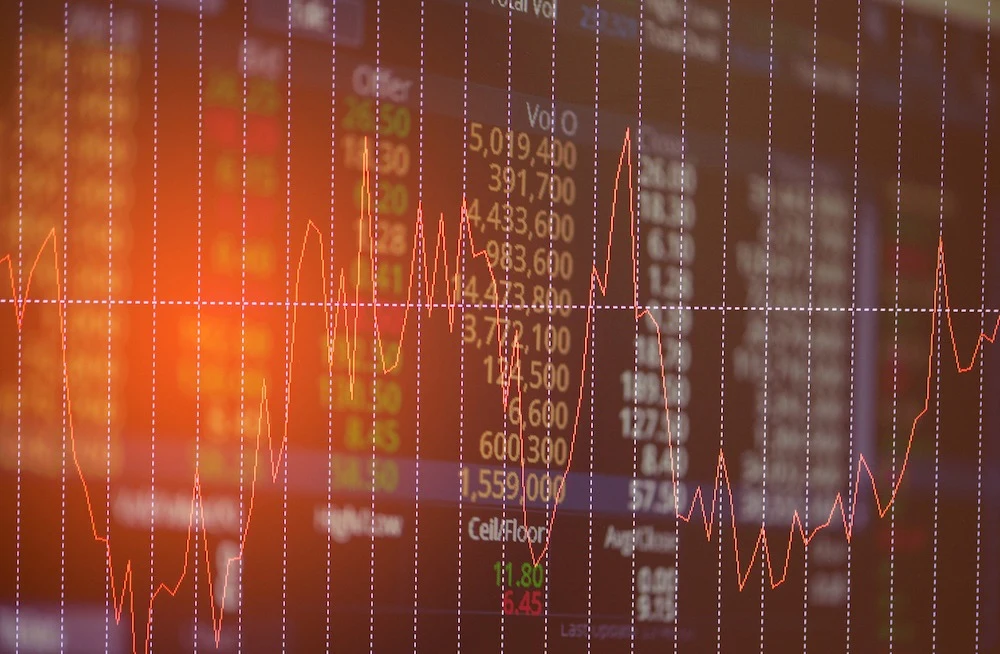In a recent study published in Engineering, a team of researchers revealed a significant correlation between stock market volatility and the risk of major adverse cardiovascular events (MACEs) and suicide. Analysing data from over 12 million deaths between 2013 and 2019, the study provides compelling evidence that the psychological stress induced by stock market fluctuations can have severe and immediate health consequences.
The study highlights the risks associated with both increases and decreases in daily stock returns. These risks are particularly pronounced among individuals aged 65–74, males, and those with lower education levels.
Using an individual-level time-stratified case-crossover design, the researchers assessed the impact of daily stock volatility, including daily returns and intra-daily oscillations, across three types of stock indices. The findings suggest that a 1% decrease in daily returns is linked to a 0.74%–1.04% increase in the risk of mortality from MACEs and a 1.77% increase in suicide risk. Conversely, a 1% increase in daily returns and intra-daily stock oscillations corresponded with a 0.57%–0.85% and 0.67%–0.77% increase in these risks, respectively.
While stock markets play a crucial role in economic growth, offering platforms for capital raising and wealth generation, their inherent volatility can cause significant psychological distress among investors. The study emphasises that the stress associated with stock market volatility is not just a financial concern but a public health issue that warrants attention.
The research underscores the need for targeted health education and mental support, especially during periods of market instability. It also advocates for government and public awareness campaigns to mitigate the cardiovascular and mental health risks linked to stock market volatility.
As stock markets continue to be a vital part of the global economy, understanding and addressing the psychosocial impact of stock market fluctuations is crucial. The study’s findings provide a foundation for developing effective interventions and support systems to safeguard the health of investors and the broader population.
Source: Engineering
Image Credit: iStock


